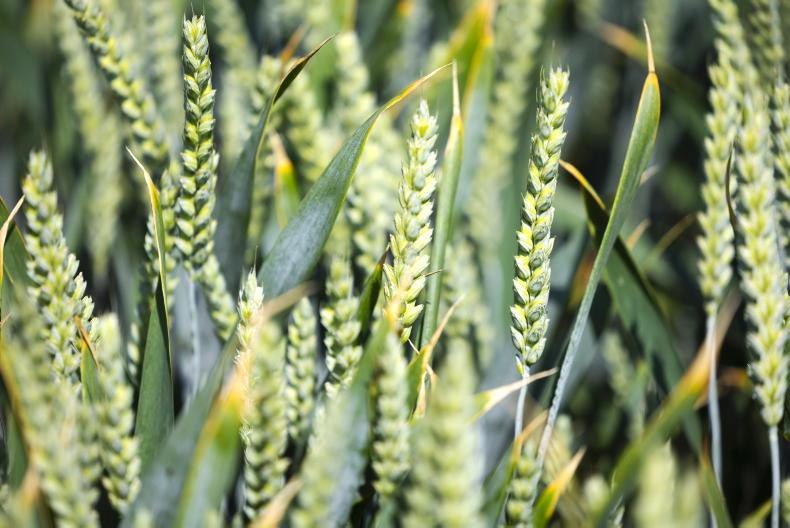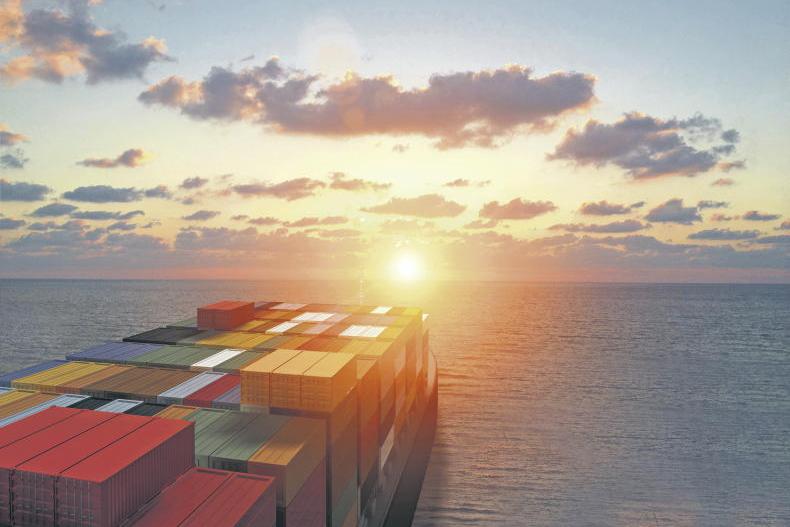An analysis of the potential implications of the trade deal done by the UK government with New Zealand (NZ) has concluded that the risks to UK farmers are modest in the short term, but longer term those risks are dictated by NZ trade relations with the Chinese.
The work, undertaken by the Agriculture and Horticulture Development Board (AHDB) with economic modelling by Harper Adams University, reveals there are limited opportunities for UK producers to export product to NZ given that it is a large net exporter of food.
In contrast, with the UK effectively throwing open its doors to NZ beef, lamb and dairy imports, it means the potential benefits to NZ farmers “far outweigh” those to local producers.
However, the threat to the UK domestic market is currently limited, with NZ focused on supplying lucrative existing outlets in the far east, making it unlikely there will be a flood of competitively priced NZ imports any time soon.
Shift in trade
The analysis highlights that there has been a significant shift in NZ exports towards China in recent years. It is now the largest importer of NZ beef, overtaking the US. NZ currently produces around 700,000t of beef annually (compared to 918,000t in the UK), with 90% exported. China and the US combined take 72% of NZ beef exports.
With more farmers switching to dairy, NZ sheep production has declined in recent decades, and currently stands at around 450,000t, compared to 600,000 in the 1980s. Of this, nearly all of it is exported, with China taking around 205,000t. That shift to China, combined with lower stock numbers, has meant NZ has not filled its EU sheepmeat tariff-free quota of just over 114,000t since 2008. The UK currently imports around 43,000t.
In terms of dairy, 95% of NZ production is exported, mainly in the form of milk powders, followed by butter and cheese. Around 32% of NZ dairy exports by value go to China. There is very little trade done with the UK at present.
Given the reliance on the Chinese market, the analysis by AHDB focuses on the risk to UK farmers if any issues arise in political relations between NZ and China.
The modelling work suggests that if China banned NZ lamb imports, exports to the UK could increase by 29,000t (69%). If a similar scenario happened in beef, NZ exports to the UK would increase by 7,000t (830%).
However, in dairy, given there is minimal trade to the UK at present, there isn’t a supply chain in place to facilitate big increases in product flow. As a result, any impact of a dispute between China and NZ “is much more subdued compared with the beef and lamb results”, states the AHDB report.
Summarising the work, David Swales, the head of strategic insight at AHDB, said it was clear that the trade deal with the UK will negatively affect local farmers. “Our analysis shows that the impact should be modest, but there are risks of a more substantive impact in scenarios where NZ’s trade with China is disrupted,” he added.
The UK-NZ trade negotiations have concluded, with the free-trade deal awaiting ratification by respective UK and NZ parliaments. It is expected to come into force in late 2023.
Read more
UK must adopt ‘red lines’ on trade
UK runs down clock on Australia deal
An analysis of the potential implications of the trade deal done by the UK government with New Zealand (NZ) has concluded that the risks to UK farmers are modest in the short term, but longer term those risks are dictated by NZ trade relations with the Chinese.
The work, undertaken by the Agriculture and Horticulture Development Board (AHDB) with economic modelling by Harper Adams University, reveals there are limited opportunities for UK producers to export product to NZ given that it is a large net exporter of food.
In contrast, with the UK effectively throwing open its doors to NZ beef, lamb and dairy imports, it means the potential benefits to NZ farmers “far outweigh” those to local producers.
However, the threat to the UK domestic market is currently limited, with NZ focused on supplying lucrative existing outlets in the far east, making it unlikely there will be a flood of competitively priced NZ imports any time soon.
Shift in trade
The analysis highlights that there has been a significant shift in NZ exports towards China in recent years. It is now the largest importer of NZ beef, overtaking the US. NZ currently produces around 700,000t of beef annually (compared to 918,000t in the UK), with 90% exported. China and the US combined take 72% of NZ beef exports.
With more farmers switching to dairy, NZ sheep production has declined in recent decades, and currently stands at around 450,000t, compared to 600,000 in the 1980s. Of this, nearly all of it is exported, with China taking around 205,000t. That shift to China, combined with lower stock numbers, has meant NZ has not filled its EU sheepmeat tariff-free quota of just over 114,000t since 2008. The UK currently imports around 43,000t.
In terms of dairy, 95% of NZ production is exported, mainly in the form of milk powders, followed by butter and cheese. Around 32% of NZ dairy exports by value go to China. There is very little trade done with the UK at present.
Given the reliance on the Chinese market, the analysis by AHDB focuses on the risk to UK farmers if any issues arise in political relations between NZ and China.
The modelling work suggests that if China banned NZ lamb imports, exports to the UK could increase by 29,000t (69%). If a similar scenario happened in beef, NZ exports to the UK would increase by 7,000t (830%).
However, in dairy, given there is minimal trade to the UK at present, there isn’t a supply chain in place to facilitate big increases in product flow. As a result, any impact of a dispute between China and NZ “is much more subdued compared with the beef and lamb results”, states the AHDB report.
Summarising the work, David Swales, the head of strategic insight at AHDB, said it was clear that the trade deal with the UK will negatively affect local farmers. “Our analysis shows that the impact should be modest, but there are risks of a more substantive impact in scenarios where NZ’s trade with China is disrupted,” he added.
The UK-NZ trade negotiations have concluded, with the free-trade deal awaiting ratification by respective UK and NZ parliaments. It is expected to come into force in late 2023.
Read more
UK must adopt ‘red lines’ on trade
UK runs down clock on Australia deal









SHARING OPTIONS